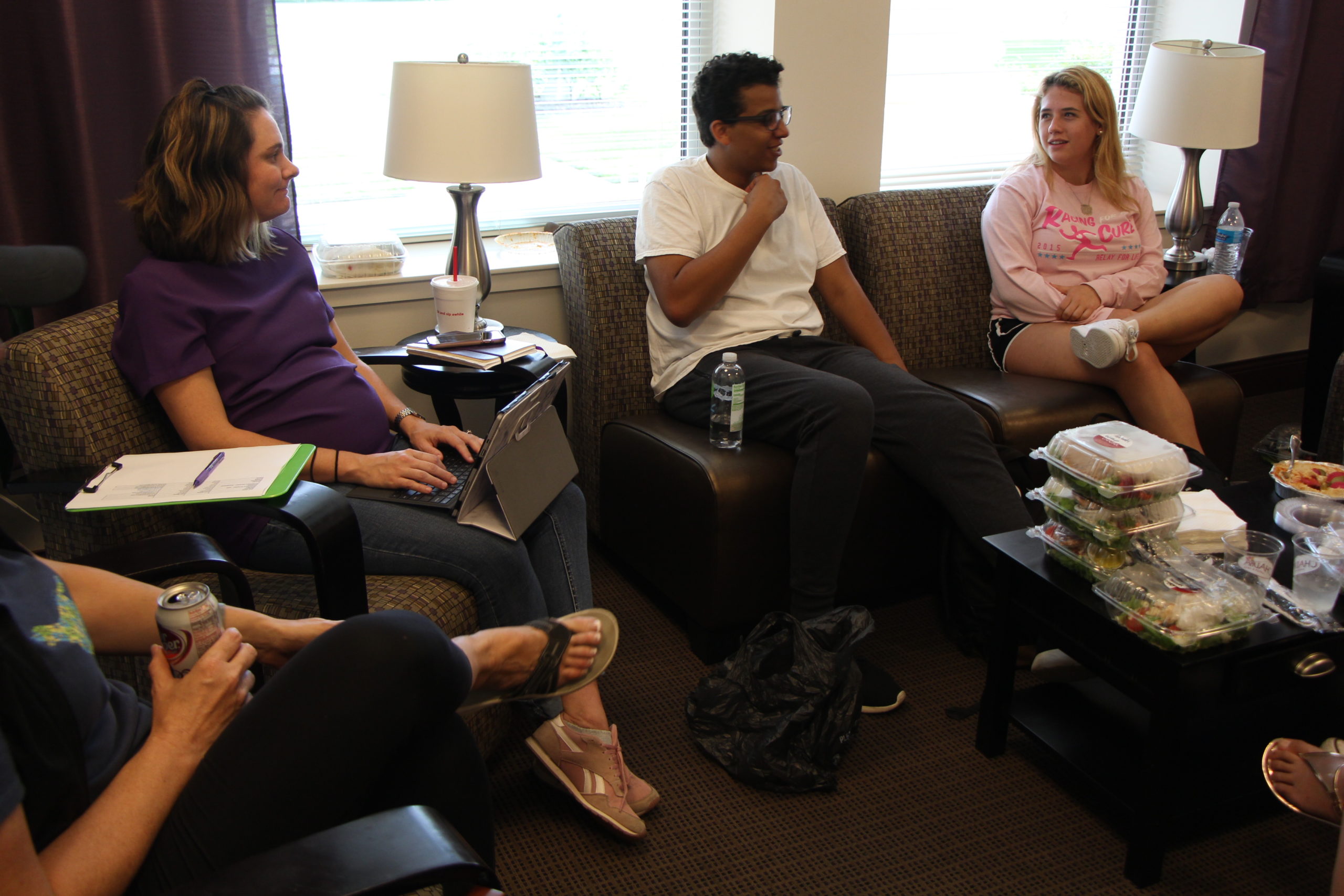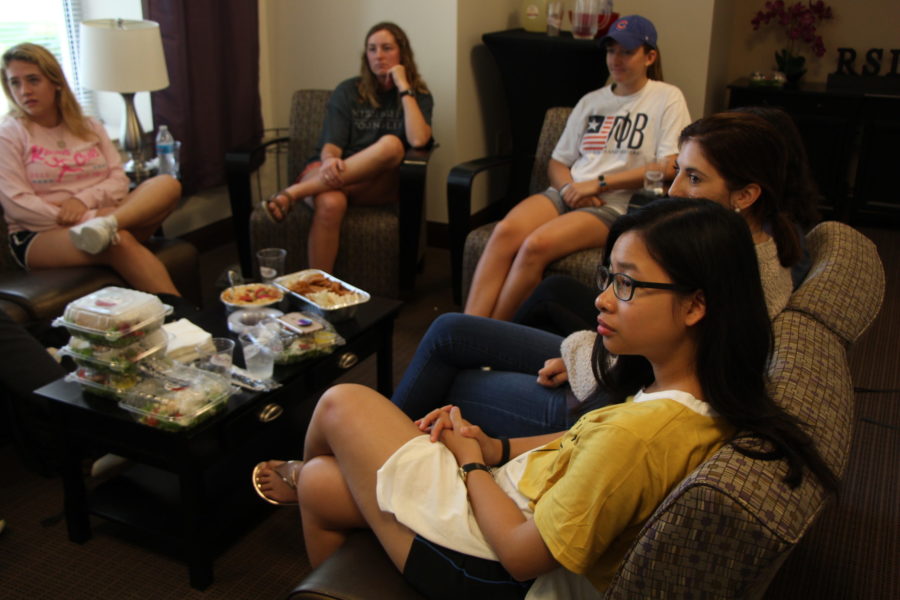A lack of Jewish student organizations and different religious customs can present challenges for TCU’s Jewish community.
This year, the Jewish High Holy Days, which include Rosh Hashanah and Yom Kippur, occur in September during the school week.
TCU has no official religious accommodation policy that would allow students to be excused from class to celebrate or observe religious holidays.
Jews are not the only people who observed holidays recently. Muslims, for example, observed two holidays—Eid al-Adha and Ashoura—in August and September this year; both fell on school days.
A religious accommodation policy, which the Student Government Association has supported, will be presented to the Faculty Senate and the Provost Council this fall, said the Rev. Angela Kaufman, TCU’s minister and church relations officer.
The John V. Roach Honors College has been creating a list of religious holidays to provide to faculty and staff of the Honors College to make them more aware of the faith traditions of honors students, faculty and staff, said Diane Snow, the dean of the Honors College.
Snow said the list includes information about how long each holiday is observed, when during the year the holiday occurs and what kinds of activities are associated with each holiday.
“It’s really an inclusive event to try to understand these holidays for everyone’s sake,” Snow said. “We want to be respectful to everybody who’s involved.”
Sarah Davis, a Jewish senior religion major and classical studies minor, said that while TCU does not have an official religious accommodation policy, in her experience, professors do not hesitate to permit students to miss class for religious reasons.

TCU Hillel, the organization for Jewish students, is no longer an officially recognized group on campus because no students completed the renewal process, said Britt Luby, an associate chaplain.
According to the TCU Fact Book, 51 undergraduate students in fall 2017 self-identified as Jewish.
Finding students who want to be involved with TCU Hillel is difficult because encountering Jewish students at TCU, a predominantly Christian school, is unlikely, said Viola Clark, a Jewish first-year religion major and Jewish studies, Middle East studies and psychology triple minor.
“Building a community is the hardest thing at a school like this,” Clark said.
Luby said she expects that Hillel will become recognized in January.
In the meantime, Jewish students are searching for ways to meet each other and practice their faith together.
Meeting other Jewish students usually happens by chance since people do not casually ask others about their religion. However, a group of students went to a local synagogue to celebrate Rosh Hashanah, Davis said.
“It’s just kind of assumed that everyone is just Christian, and that’s just kind of the default,” Davis said.
At the end of September, Religious & Spiritual Life will be hosting a dinner for Jewish students, and they have invited the head of the Jewish Federation of Tarrant County to help TCU students determine what they need to develop religiously and as individuals, Kaufman said.
Another way RSL is facilitating the practice of Judaism is by working with administration officials and local Jewish people to find a way to have a Jewish community adviser on campus who would help Jewish students practice their faith more formally, Kaufman said.







